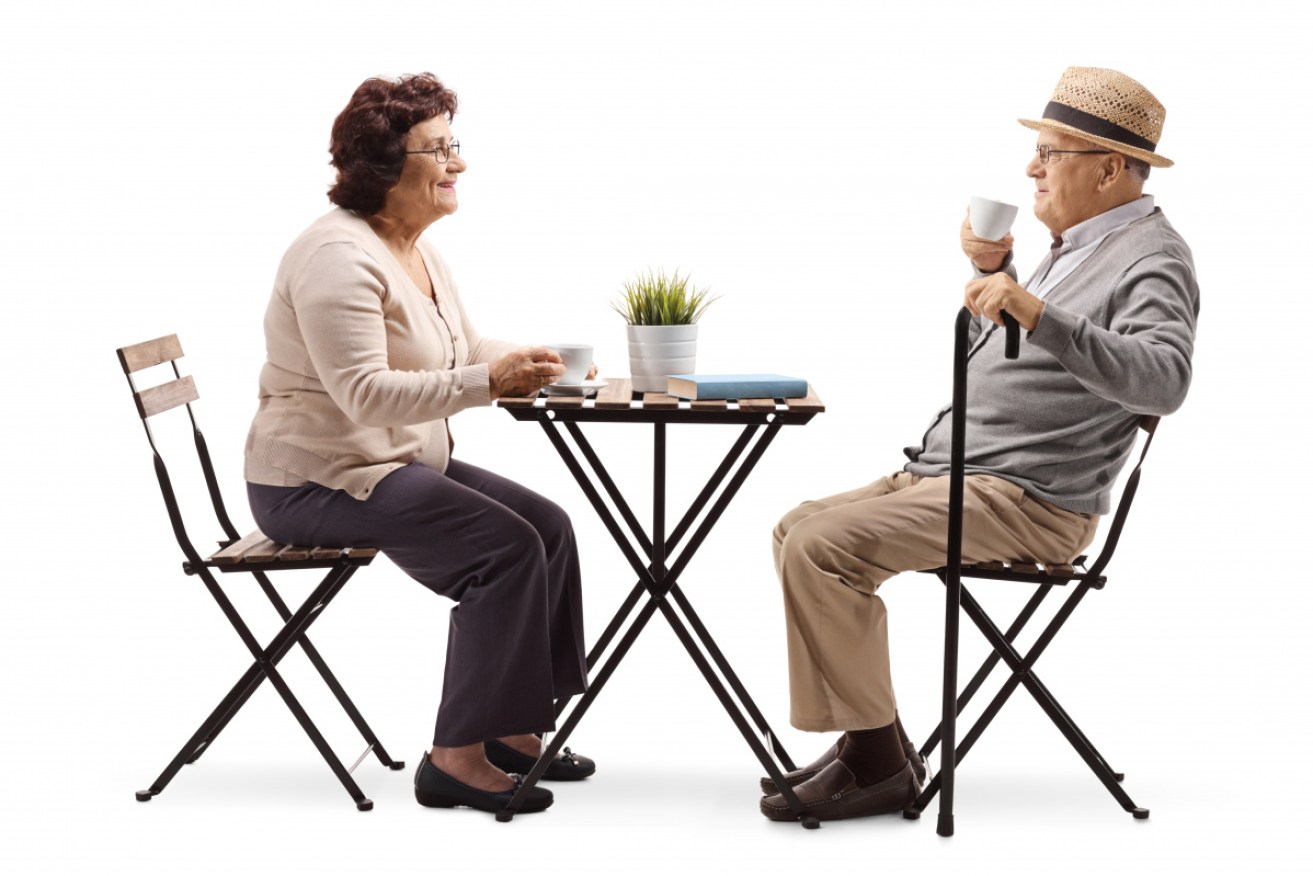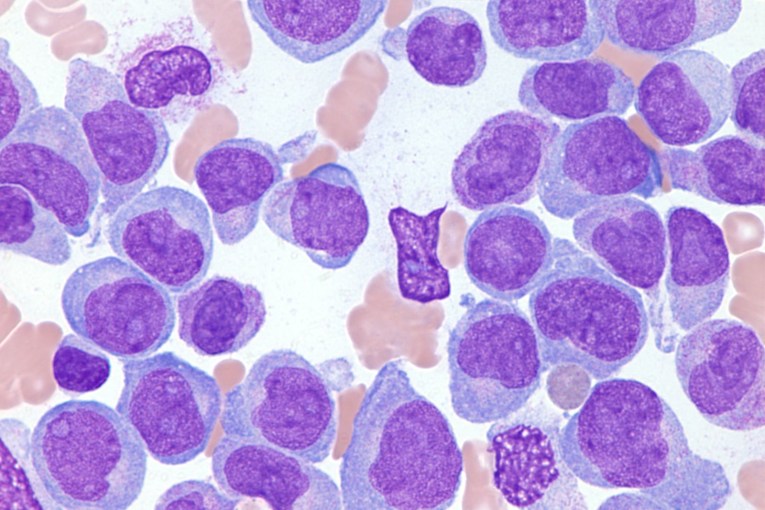The last word on coffee? Might be bad for our knees, good for post-menopausal bleeding


Overall the researchers give coffee the thumbs up, finding that caffeine reduces all-cause mortality. Photo: Getty
Long black, short life? It’s said that we drink about three billion cups a day, globally. And as it goes with things we love the most, or feel addicted to, there’s long been a suspicion that coffee might be bad for us.
Even so, the extent to which scientists keep poking away at the coffee question is astonishing. As the authors of a new study observe:
“Over the past 40 years, the relationship between coffee and health has been featured in over 8000 medical studies.
“However, the debate as to whether coffee consumption is beneficial or detrimental to health still continues.”
In order to put the issue to bed, the researchers — from Adelaide, Addis Ababa and London — used genetic sceening technology “to establish the true effects of coffee consumption against 1117 clinical conditions.”
For this they analysed data from more than 300,000 participants in the UK Biobank using what’s known as a Mendelian randomisation phenome-wide association study.
They went looking for good effects as well as bad
Their conclusion?
“Despite the very large size of our study, and the hypothesis free approach allowing the identification of possible health effects across the spectrum of human disease, our analyses provided very little evidence for any effect,” they write.

Maybe it’s the sweet stuff you out in coffee that’s causing the weight gain. Photo: Getty
“The only evidence for harm was seen with respect to osteoarthrosis, other arthropathies (joint diseases) and obesity.”
Osteoarthrosis is often confused with osteoarthritis, but they’re not quite the same thing. Osteoarthritis is an inflammatory condition, while osteoarthrosis is a degrading of the joints.
On the upside, the study found that coffee might be of benefit to women suffering post-menopausal bleeding.
Weighing up these conclusions
The association between coffee and degraded joints isn’t entirely new, but it borders on the obscure.
In an email responding to questions, Elina Hyppönen, Professor in Nutritional and Genetic Epidemiology at the University of South Australia, and co-author of the study, said:

Genetic epidemiologist Professor Elina Hyppönen. Photo: UniSA
“There has been only little prior interest in these associations, but experiments in rats have suggested that caffeine may affect the expression of IGF-1, which is a growth factor important for bone homeostasis and could affect the quality of articular cartilage.”
The coffee conundrum: how does it make you chunky?
“Can coffee make you fat?” is a headline that pops up every year or so. See here, here and here.
If it’s true, it’s complicated. And inherently mysterious.
For a start, black coffee without sweetening has very few calories. And plenty of research suggests it’s a useful took for losing weight… not putting it on.
The most obvious conclusion is that it’s not coffee per se, but the tasty creamy and sweet stuff you put in it.
As Professor Hyppönen told The New Daily, regarding the evidence that higher coffee consumption may lead to obesity: “This might reflect greater energy intakes from what we put in the coffee (high fat milk/cream, syrups) or what we eat with coffee, rather than energy intakes from or effects by coffee itself.”
But there’s also the idea that coffee, drunk late in the day, leads to sleep loss, which in turn leads to snacking and piling on the kilos. It’s the sleep loss that does the damage. As the Harvard T.H. Chan School of Public Health advises:

Drinking coffee late at night leads to sleeplessness, which in turn leads to snacking. Photo: Getty
“There are several possible ways that sleep deprivation could increase the chances of becoming obese. Sleep-deprived people may be too tired to exercise, decreasing the ‘calories burned’ side of the weight-change equation.
“Or people who don’t get enough sleep may take in more calories than those who do, simply because they are awake longer and have more opportunities to eat; lack of sleep also disrupts the balance of key hormones that control appetite, so sleep-deprived people may be hungrier than those who get enough rest each night.”
Up to five cups a day, no problem
Last year, Professor Hyppönen co-authored a widely-reported coffee study that answered a big question: how much coffee is too much?
Again, drawing on UK Biobank data of 347,077 participants aged 37-73 years, the researchers found that drinking six or more coffees a day increases your risk of heart disease by up to 22 per cent.
The study the study explored the ability of the caffeine-metabolizing gene (CYP1A2) to better process caffeine, identifying increased risks of cardiovascular disease in line with coffee consumption and genetic variations.
Prof Hyppönen, in a 2019 prepared statement, said that despite carriers of the fast-processing gene variation being four times quicker at metabolising caffeine, the research does not support the belief that these people could safely consume more caffeine, more frequently, without detrimental health effects.
Cardiovascular disease wasn’t explored in then new study. Professor Hyppönen told The New Daily: “The approach we used in this study was not suitable for looking at the effects of coffee on heart disease, and that is one of the main limitations with this study.
“This is because we know that genetic variants affecting blood pressure in part determine how much coffee we drink, and are likely explain in part why people tend to either want to drink more or less coffee.
“That is, people who have genetic variants which predispose them to lower blood pressure, tend to drink more coffee than others, likely because coffee makes them feel slightly better. We have another study on this but not published yet…”
In other words, this may not be the last word after all.








